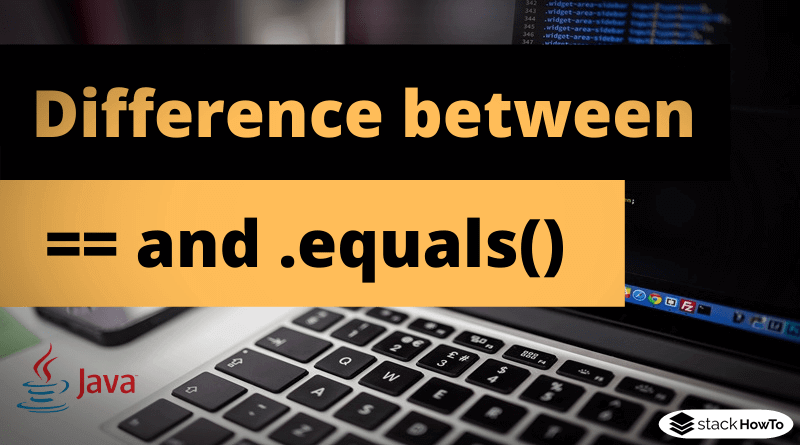How to Sort an Array in Java
Arrays can be sorted using Arrays class in java.util package.
If you don’t want to write a sorting algorithm yourself to sort an array, the java.util.Arrays class must first be imported. The method sort(Object [] a) is static and must therefore be called with the class name (without creating an object). It has no return value, but only sorts the array passed as a parameter.
Table of Contents
Primitive types
The primitive data types are sorted in ascending natural order:
Example 1 : Sort An Array Of Integer In Java
import java.util.Arrays;
public class ArraySortierenClass {
public static void main(String[] args) {
int[] arr = {9, 3, 1, 6, 2, 5};
Arrays.sort(arr);
System.out.println(Arrays.toString(arr));
}
}
Output:
[1, 2, 3, 5, 6, 9]
Here the natural order of numbers is quite clear. In case of objects, it’s a bit more complicated: Is the “natural order”, e.g. for persons, sorting by last name, first name, or birth date?
Example 2 : Sort An Array Of String In Java
import java.util.Arrays;
public class ArraySortierenClass {
public static void main(String[] args) {
String[] name = new String[7];
name[0] = "Philpe";
name[1] = "Emily";
name[2] = "Alex";
name[3] = "Thomas";
name[4] = "Ali";
name[5] = "Yohan";
name[6] = "Jean";
Arrays.sort(name);
for (int i = 0; i < name.length; i++) {
System.out.println(name[i]);
}
}
}
Output:
Alex Ali Emily Jean Philpe Thomas Yohan
The Arrays.sort() method is overloaded and can accept different parameters, including of course primitive data types.
Objects
For objects such an order is only given if java.lang.Comparable interface is implemented. The String class implements the interface, so an array of type String can be sorted easily:
import java.util.Arrays;
public class ArraySortierenClass {
public static void main(String[] args) {
String[] name = {"Thomas", "Alex", "Emily"};
Arrays.sort(name);
System.out.println(Arrays.toString(name));
}
}
Output:
[Alex, Emily, Thomas]
But be careful! Natural order does not mean alphabetical at the same time: When uppercase and lowercase letters are mixed, the uppercase letters come first and only then the lowercase letters:
import java.util.Arrays;
public class ArraySortierenClass {
public static void main(String[] args) {
String[] name = {"Thomas", "Yohan", "Emily", "alex"};
Arrays.sort(name);
System.out.println(Arrays.toString(name));
}
}
Output:
[Emily, Thomas, Yohan, alex]
It is not compared alphabetically, as expected, but based on the Unicode values of the characters in the string.
Sorting With Comparator
Alternatively, a comparator can be passed to sort() method. Comparator is an object that contains a method that specifies whether an object of a type is to be regarded as larger, smaller or the same size as another object.
The problem with strings that are not sorted alphabetically can now be solved as follows:
import java.util.Arrays;
import java.util.Comparator;
public class ArraySortierenClass {
public static void main(String[] args) {
String[] name = {"Thomas", "Yohan", "Emily", "alex"};
Arrays.sort(name, new Comparator() {
@Override
public int compare(String first, String second) {
return first.toLowerCase().compareTo(second.toLowerCase());
}
});
System.out.println(Arrays.toString(name));
}
}
Output:
[alex, Emily, Thomas, Yohan]









